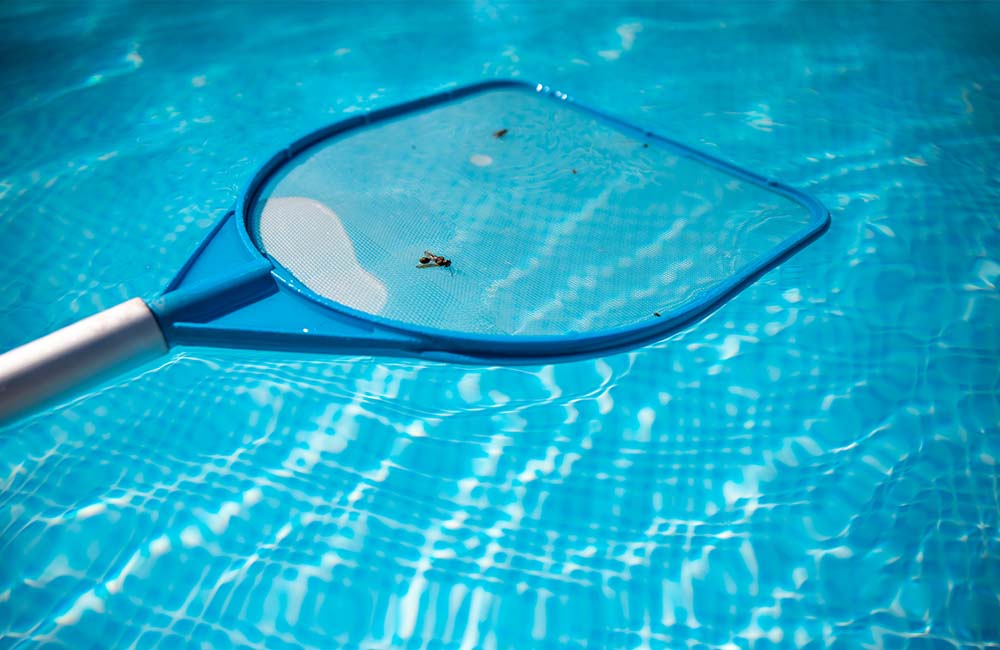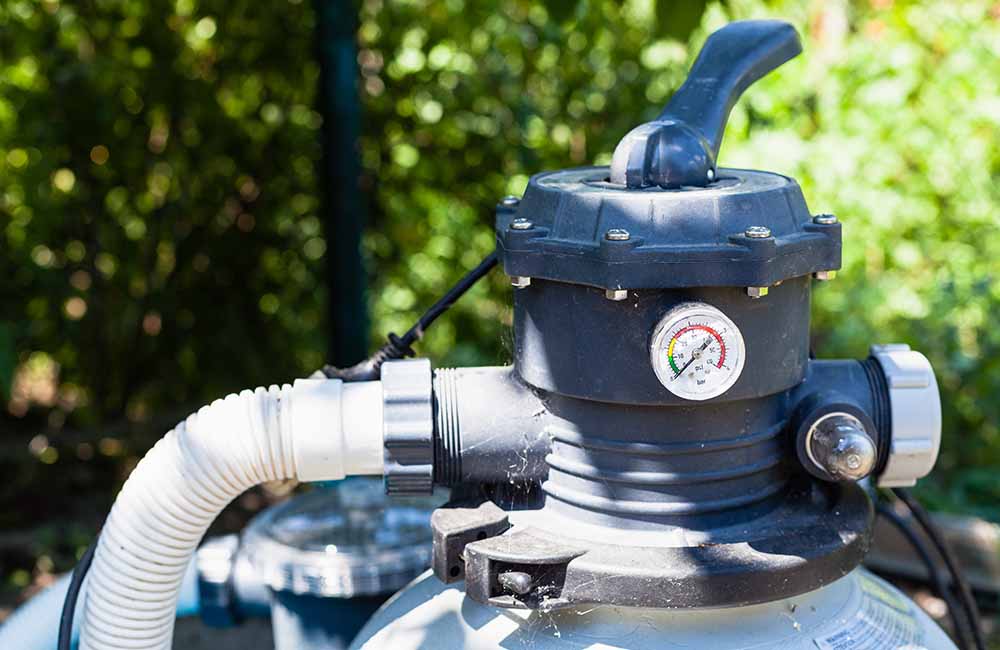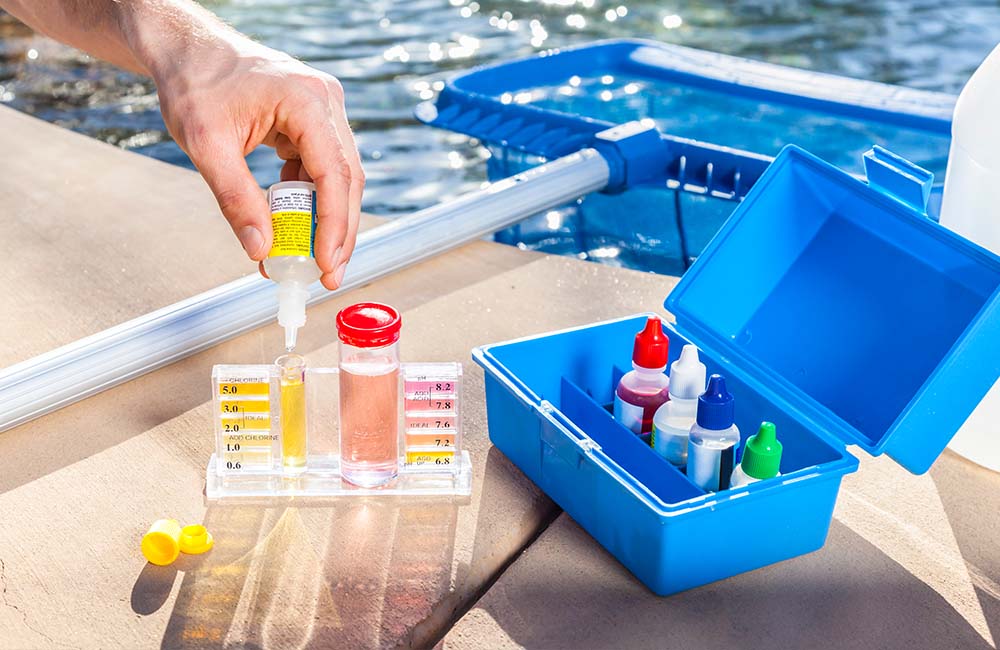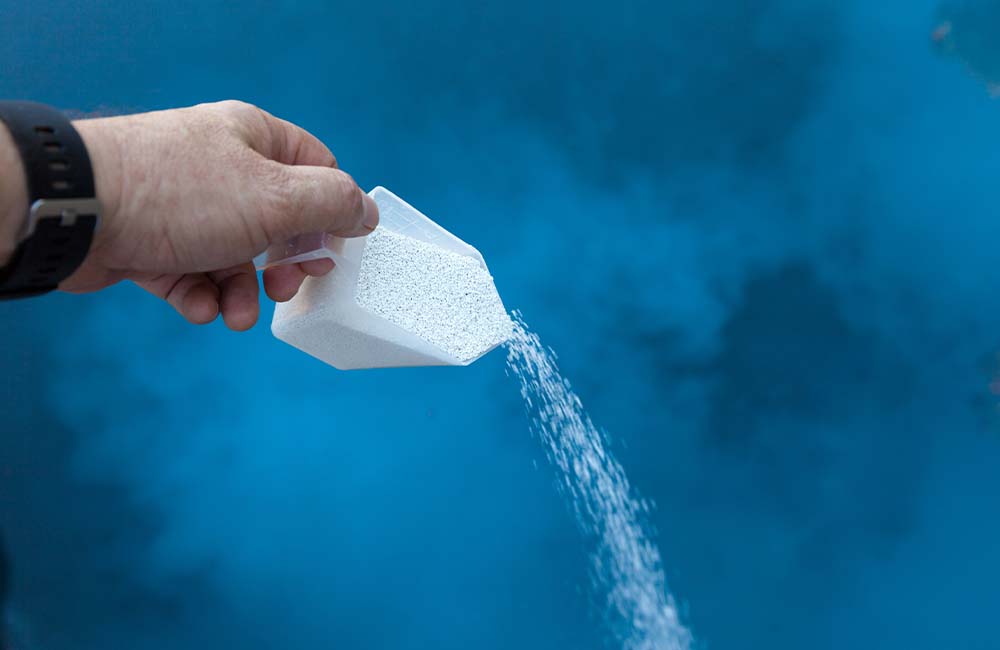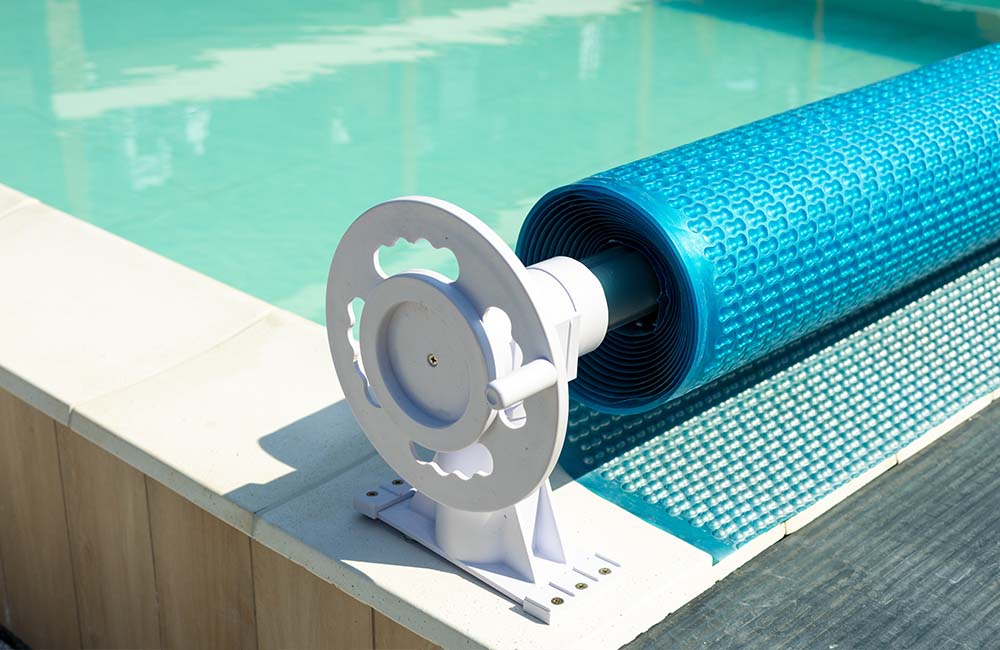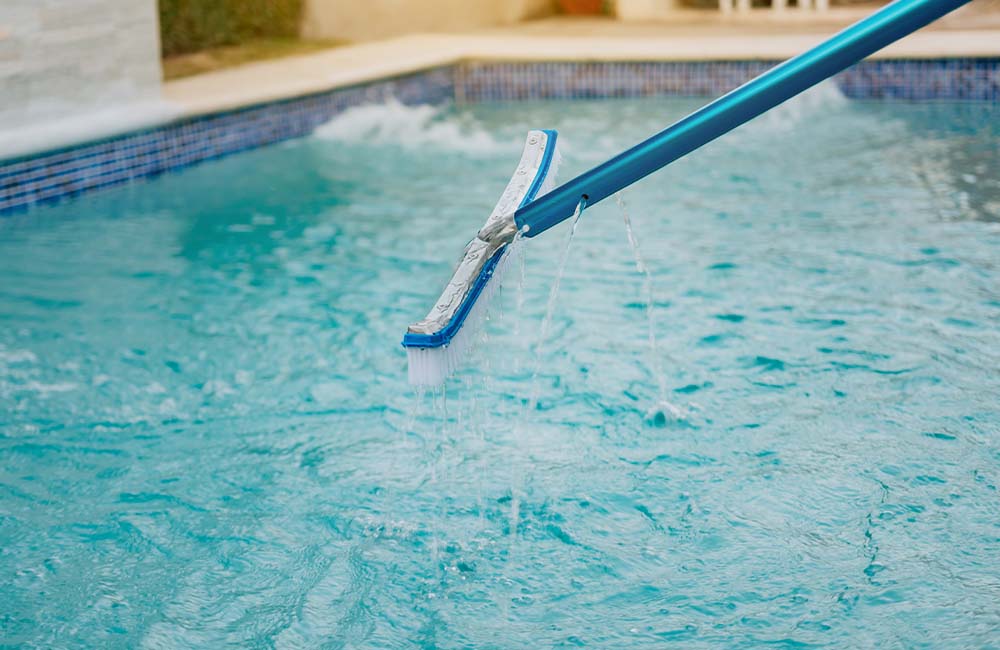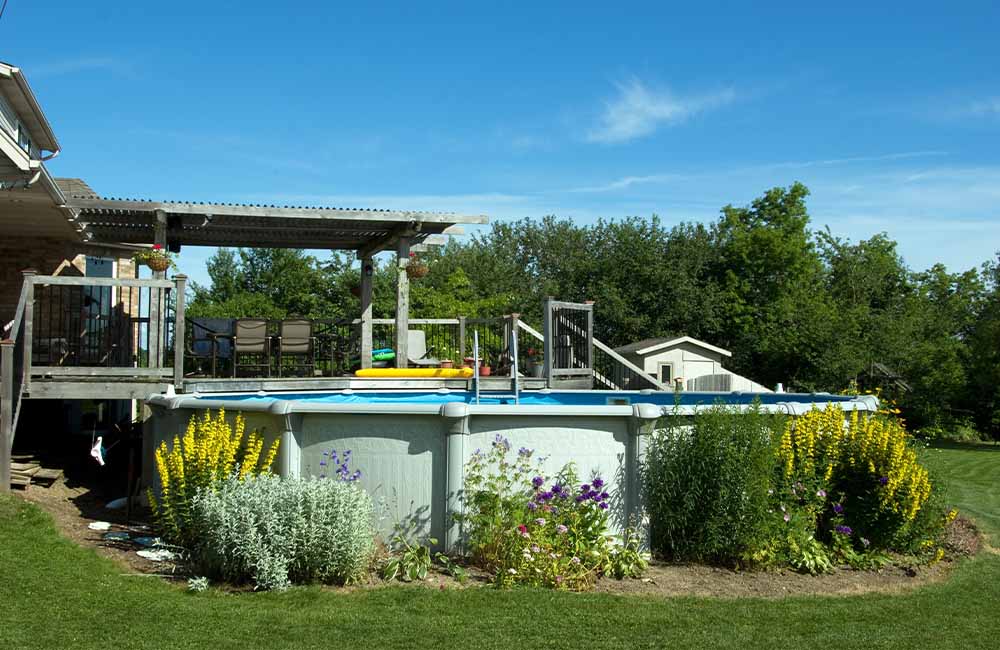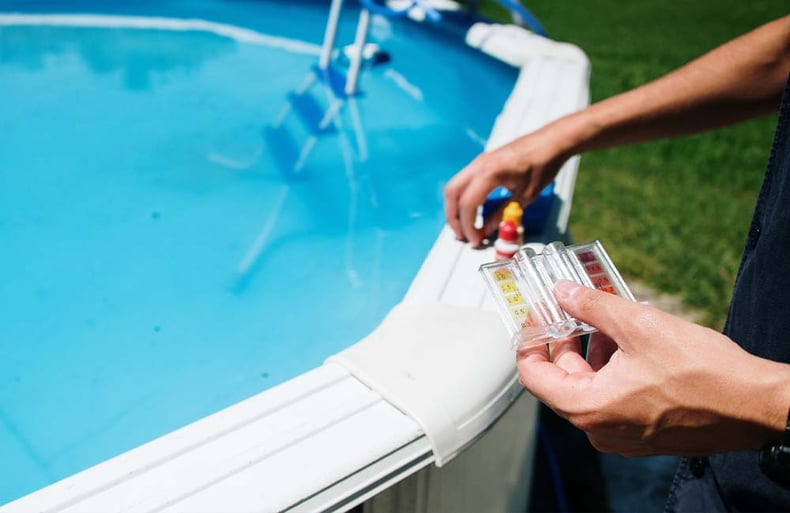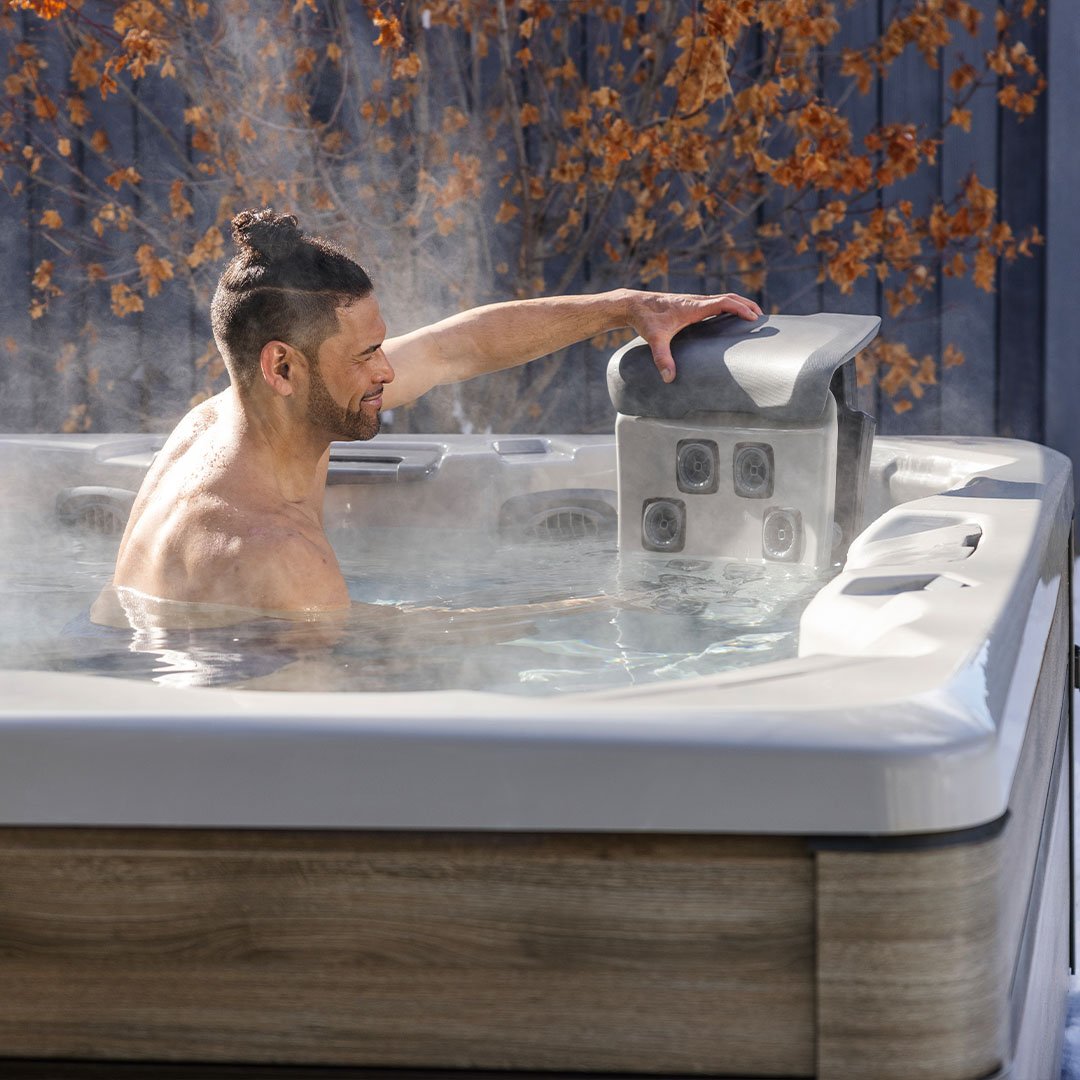Essential Maintenance Tips for Your Above Ground Pool
Owning an above ground pool is a delight for countless families, offering a straightforward and economical solution to relish the summer warmth right in your own backyard. Yet, to ensure this oasis remains pristine and its lifespan maximized, consistent maintenance is essential. From the balance of water chemistry to the upkeep of structural integrity, this comprehensive guide covers all you need to know about above ground pool care.
Keeping Your Above Ground Pool in Prime Condition
Owning an above ground pool is like having a personal retreat right in your backyard—a place where laughter fills the air, and the worries of the day dissolve in the cool, refreshing water. Yet, this oasis requires care and attention to remain the haven it is meant to be. Proper maintenance not only extends the lifespan of your pool but also ensures the health and safety of its waters for everyone who dives in. From the clarity of the water to the integrity of the pool structure, every aspect of your pool demands a regular care routine. Embarking on this journey of maintenance may seem daunting at first, but with the right knowledge and tools at your disposal, it becomes a simple part of your weekly routine. Here are nine essential maintenance tips to keep your above ground pool sparkling clean, inviting, and ready for endless summer fun.
1. Establish a Regular Cleaning Schedule
Regularly clean your pool to remove debris, algae, and bacteria. Use a net to skim the surface daily, and employ a pool brush to scrub the walls and floor weekly. This prevents algae buildup and keeps the water inviting.
2. Optimize Your Filtration System
A good filtration system is crucial. Ensure your filter runs for 8-12 hours daily to circulate and clean the water thoroughly. Clean or replace your filter as recommended by the manufacturer to maintain optimal performance.
3. Balance Your Pool Chemistry
Test your pool water at least once a week using a reliable testing kit. Aim to maintain a balanced pH level (7.2-7.6), alkalinity (100-150 ppm), and chlorine levels (1-3 ppm). Adjust chemicals as necessary to keep your water balanced and safe.
4. Regular Shock Treatments
Shock your pool every 2-4 weeks to kill any lingering bacteria, algae, or other contaminants. This is especially important after heavy usage, rainstorms, or noticeable water cloudiness. Follow the instructions carefully to ensure effectiveness and safety.
5. Maintain Water Level and Circulation
Keep the water level consistent, ideally halfway up the skimmer box, to ensure proper circulation and filtration. Adjust the water level using a hose as needed, especially after heavy rain or a day of spirited pool use.
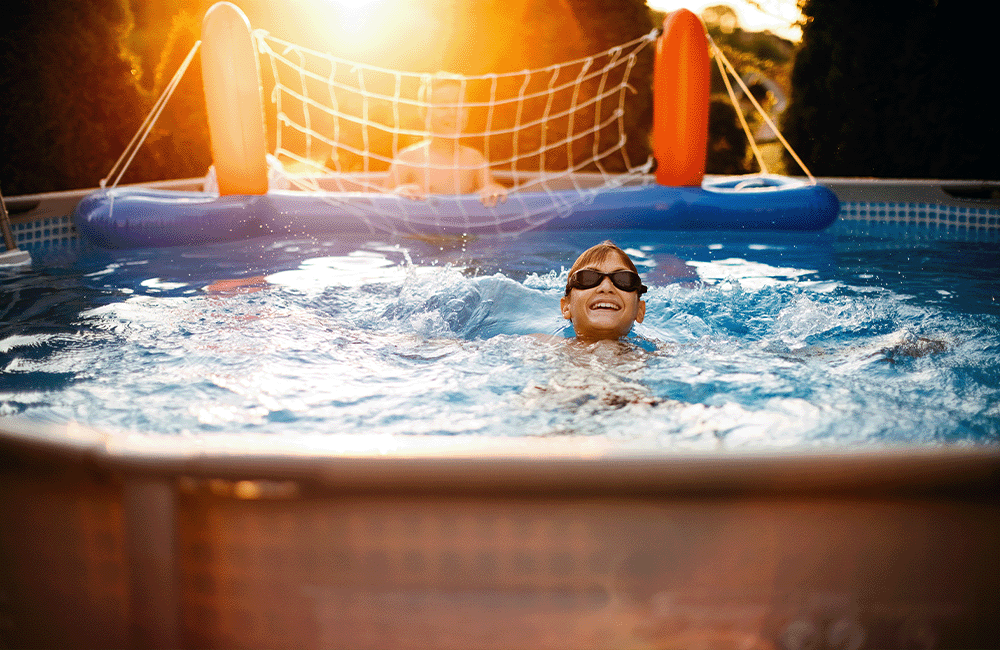
6. Invest in a Quality Pool Cover
A pool cover can significantly reduce maintenance by keeping out debris, minimizing evaporation, and maintaining water temperature. Use a cover whenever the pool is not in use, especially overnight and during off-season months.
7. Inspect and Maintain Pool Equipment
Regularly inspect your pump, skimmer, hoses, and any other pool equipment for signs of wear or damage. Keeping your equipment in good working order is essential for maintaining water quality and preventing unexpected repairs.
8. Winterization and Seasonal Care
If you live in a region with cold winters, properly closing your pool is critical. Lower the water level, clean thoroughly, add winter chemicals, and cover securely. Proper winterization prevents damage and makes opening your pool in the spring much easier.
9. Professional Annual Inspection
Consider hiring a pool professional for an annual inspection. They can spot potential issues that may not be obvious and advise on any necessary repairs or upgrades. This preventative measure can save time and money in the long run.
Additional Maintenance Tips for Enhanced Pool Care
A. Algae Prevention Tactics
Algae can be a persistent problem. Prevent its growth by keeping your pool's water balanced, walls brushed, and filtration system in top condition. Algaecides can be used as a preventative measure but use them judiciously based on manufacturer recommendations.
B. Efficient Use of Pool Chemicals
Store pool chemicals in a cool, dry place and handle them with care. Always add chemicals to water, not the other way around, to prevent dangerous reactions. Follow the recommended dosages closely to avoid imbalances in pool chemistry.
C. Educate Yourself on Pool Systems
Understanding how your pool system works can greatly aid in troubleshooting and regular maintenance. Take the time to learn about your specific pool model, its filtration system, and any unique maintenance requirements it may have.
By following these comprehensive tips, you’ll ensure that your above ground pool remains a clean, safe, and enjoyable environment for everyone. Regular maintenance not only extends the lifespan of your pool but also enhances your overall swimming experience.
FAQs
How often should I test my above ground pool's water chemistry?
It's recommended to test your pool's water chemistry at least once a week to ensure it remains balanced and safe for swimming. During periods of heavy use or after significant rainfall, you may need to test more frequently. Keeping the pH levels (7.2-7.6), alkalinity (100-150 ppm), and chlorine levels (1-3 ppm) within the right range is crucial for maintaining clear water and preventing damage to your pool and equipment.
Can I leave my above ground pool up all year?
Whether you can leave your above ground pool up all year depends on your climate and the pool's construction. In areas with mild winters, it may be possible to keep your pool up by adjusting your maintenance routine to suit the cooler months. However, in regions with harsh winters, it's often recommended to winterize your pool to protect it from freezing temperatures and potential damage. Always consult your pool's manufacturer guidelines for specific advice on winterization and year-round maintenance.
What's the best way to keep algae at bay in my above ground pool?
Preventing algae starts with maintaining balanced water chemistry, especially keeping chlorine levels within the ideal range. Regularly brush the walls and floor of your pool to remove any algae spores before they can grow. Ensure your filtration system is running efficiently and for an adequate amount of time each day to circulate the water and filter out debris. Using an algaecide as a preventive measure can also help, but be sure to select one compatible with your pool's water chemistry and follow the manufacturer's instructions carefully.





